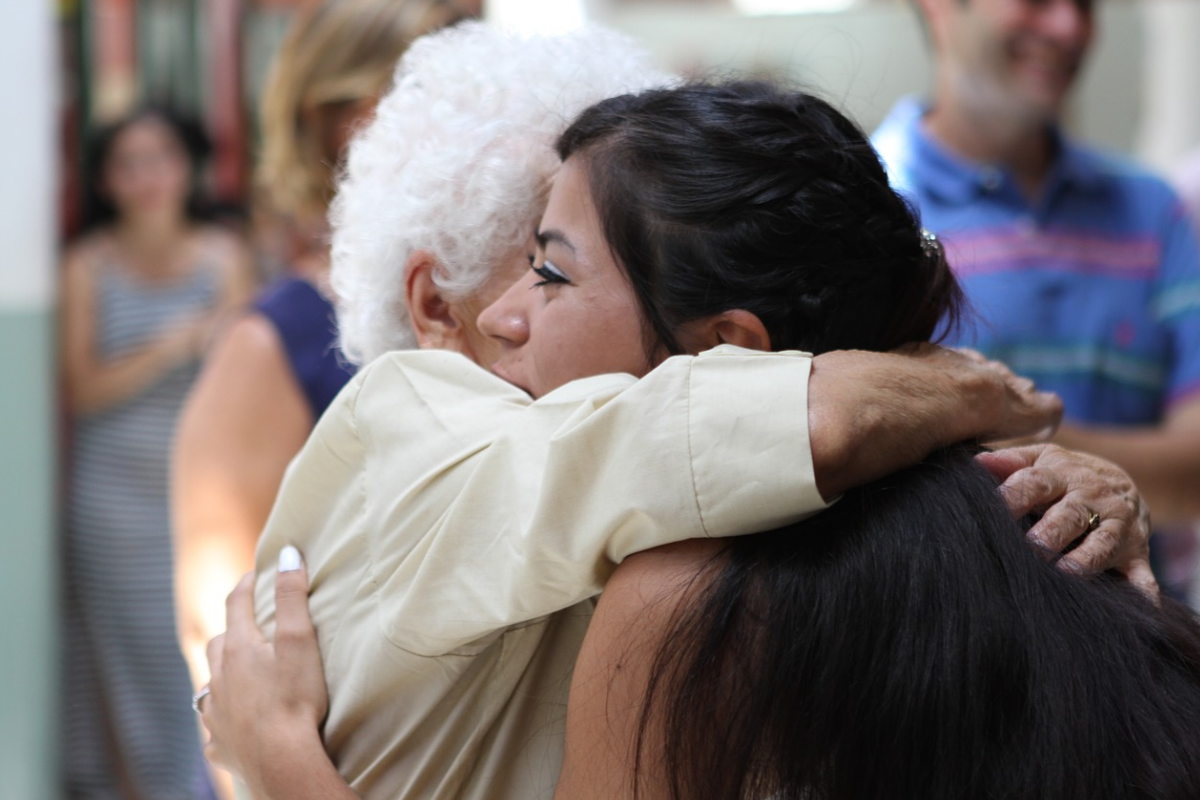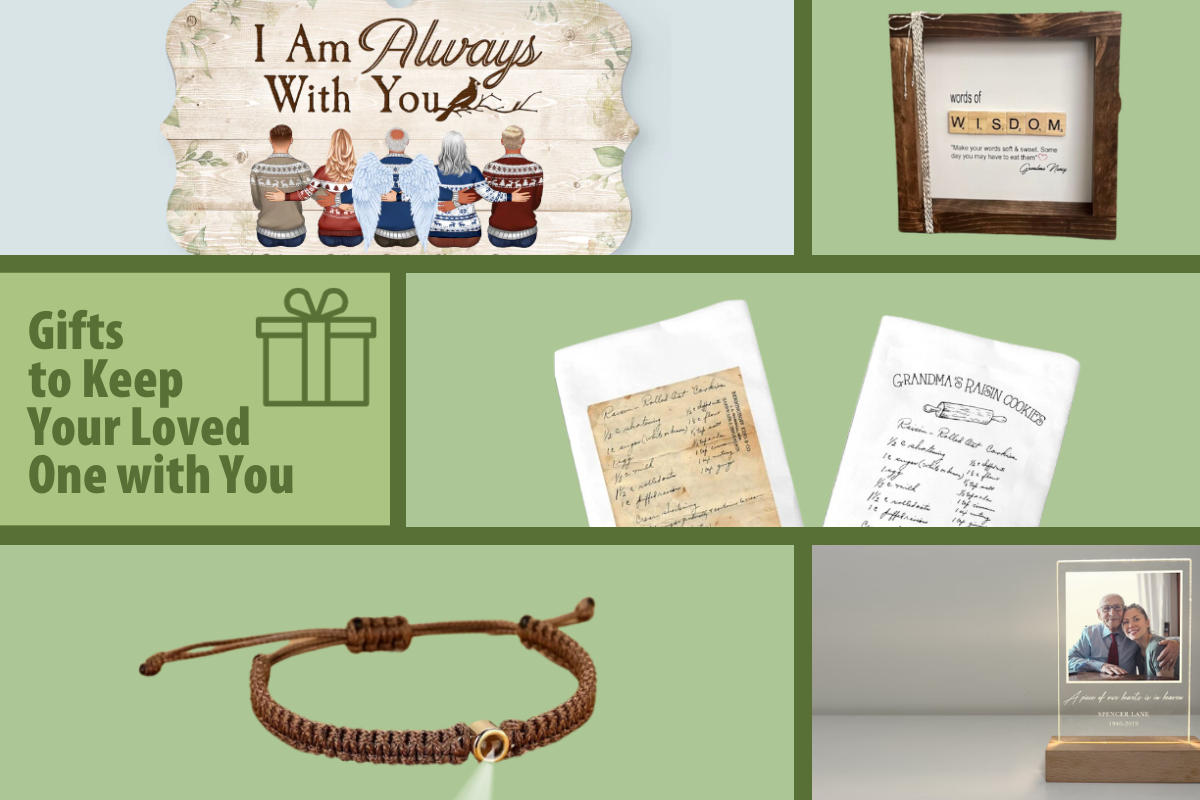Breaking Bad News to Someone with Dementia


It’s hard for anyone to receive difficult news, but when you’re breaking bad news to someone with dementia, it can be especially heartbreaking. Families often struggle with how to break bad news to someone with dementia. This is particularly challenging with situations like the death of a loved one, and made even more difficult for family members if their loved one with dementia forgets that information and have to be told more than once.
When breaking bad news like a death to someone with dementia, it is important for family members to consider what stage of dementia their loved one is in and their relationship to the deceased. If the individual was not often in contact with the individual, it may be kindest to not share the news. If it is someone more meaningful, they may already sense that something is wrong.
Sharing a Death with Someone with Dementia
Here are a few suggestions for delivering bad news to someone with dementia:
- Use short, simple sentences and clear language. For example, say the person has “died” instead of using euphemisms like “passed away.”
- Choose a time when the individual is well rested. Morning tends to be a good time for activities and delivering important information.
- Share the news as soon as possible especially if the person’s absence is causing agitation.
What If They Forget?
In later stages of dementia, an individual may forget the death has occurred and need to be told a second or third time.
“I recently visited the wife of a patient who had passed away,” shares Bereavement Coordinator David Stevenson, M.Div of Crossroads Hospice & Palliative Care. “In our first few visits, she would tell me that her husband had passed away and get very emotional as though it had just occurred. But over time, she became more accepting and now we can talk about her memories of him without it upsetting her.”
However, if the individual with dementia has been told several times and is just not retaining this information, it is okay to stop breaking the bad news.
“You don’t want to continuously retraumatize someone who has that level of deficit,” explains Crossroads Support Services Director Jeanne Morrison. “If they demonstrate that they can’t hold on the information and won’t remember even a few hours later, you can allow them to think that their loved one is out golfing or shopping or doing some other activity they enjoyed.”

Celebrating the Missing Loved One
“I encourage families to keep photos of the deceased loved on out on display,” says David. “Often, those photos and memories bring comfort.”
If the individual with dementia has been able to retain that their loved one has died, you can speak about them in the past tense and share memories. Continually assess your loved one’s mood. If they seem agitated or upset, offer comfort.
Taking Care of Yourself
The best way to support a loved one with dementia who may be grieving is to make sure you are taking care of yourself through your own grieving process. Crossroads Hospice & Palliative Care provides caregiver resources and complimentary bereavement support in all the areas we serve. Please call us at 1-888-564-3405 to speak with a bereavement specialist.
If you found this information helpful, please share it with your network and community.
Copyright © 2018 Crossroads Hospice & Palliative Care. All rights reserved.




